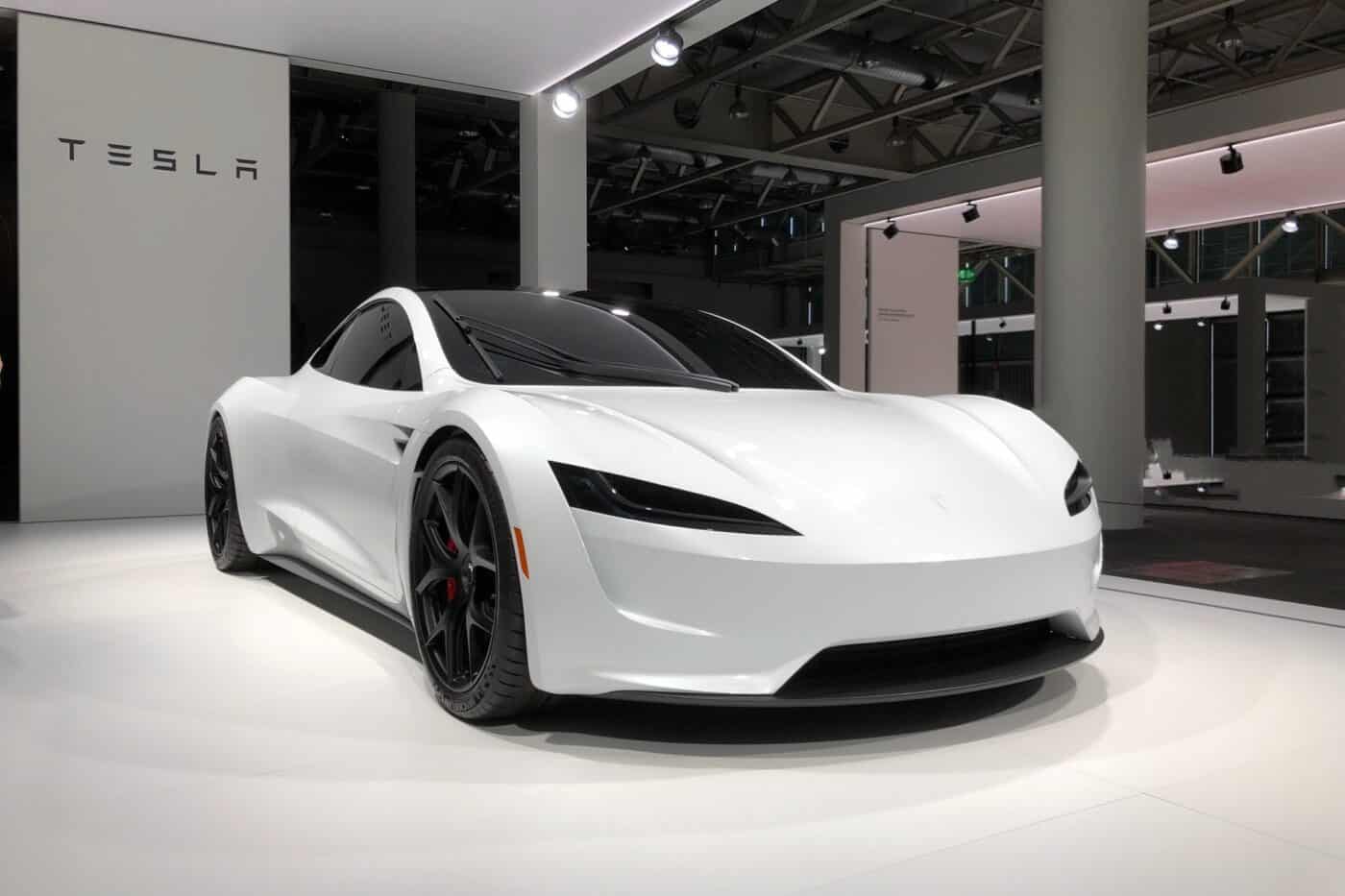Top Factors That Influence Car Loan Approval

Introduction:
With the growing popularity of electric vehicles (EVs) and their numerous environmental benefits, more and more people are considering making the switch to electric cars. However, purchasing an electric vehicle often requires a significant upfront investment. For many buyers, securing a car loan becomes a crucial step in turning their eco-friendly dreams into reality.
Obtaining a car loan for an electric vehicle is similar to securing financing for a traditional car, but there are specific factors that lenders consider when approving loans for these technologically advanced vehicles. In this blog, we will explore the top factors that influence electric car loan approval, helping you understand what lenders look for and how to increase your chances of getting the financing you need for your electric dream machine.
Credit Score and History:
One of the most critical factors affecting car loan approval is your credit score and credit history. Lenders use this information to assess your creditworthiness and determine the risk associated with lending to you. A higher credit score generally increases your chances of loan approval and may also result in more favorable interest rates. It is essential to check your credit report for accuracy and take steps to improve your credit score if necessary before applying for an electric car loan.
Debt-to-Income Ratio:
Lenders analyze your debt-to-income ratio to assess your ability to manage additional debt. This ratio compares your monthly debt obligations to your monthly income. A lower debt-to-income ratio signals that you have more financial flexibility and may increase the likelihood of loan approval. Aim to reduce existing debts and keep your debt-to-income ratio within a favorable range before applying for an electric car loan.
Down Payment:
Offering a substantial down payment can positively impact your car loan approval chances. Putting more money down upfront reduces the lender’s risk, making you a more attractive borrower. Additionally, a larger down payment may lead to lower monthly payments and overall interest costs.
Loan Term Length:
The length of your loan term can also influence approval. Shorter loan terms may come with higher monthly payments but can demonstrate your commitment to repaying the loan quickly. Longer loan terms may offer lower monthly payments but could raise concerns about the vehicle’s value relative to the loan balance over time. Striking the right balance between the loan term and monthly budget is crucial.
Employment and Income Stability:
Lenders prefer borrowers with stable employment and a steady income source. Consistent employment and income history assure lenders that you can meet your loan obligations. Be prepared to provide proof of employment and income stability during the loan application process.
Residency and Address Stability:
Lenders often seek borrowers with stable residency and address history. Frequent moves may raise concerns about stability, which can impact loan approval. Having a consistent address history demonstrates that you are settled and responsible.
Conclusion:
Securing a car loan for an electric vehicle is an exciting step toward reducing your carbon footprint and embracing sustainable transportation. Understanding the top factors that influence electric car loan approval empowers you to take proactive measures to improve your financial profile and increase your chances of obtaining the financing you need. Remember to research different lenders and loan options, compare interest rates, and negotiate terms that align with your budget and preferences.
When you’re ready to apply for your electric car loan, present yourself as a reliable and creditworthy borrower, showcasing your commitment to sustainable living and responsible financial practices. With determination and preparation, you can bring home your electric dream car and contribute to a greener, cleaner future on the roads. Happy electric driving!